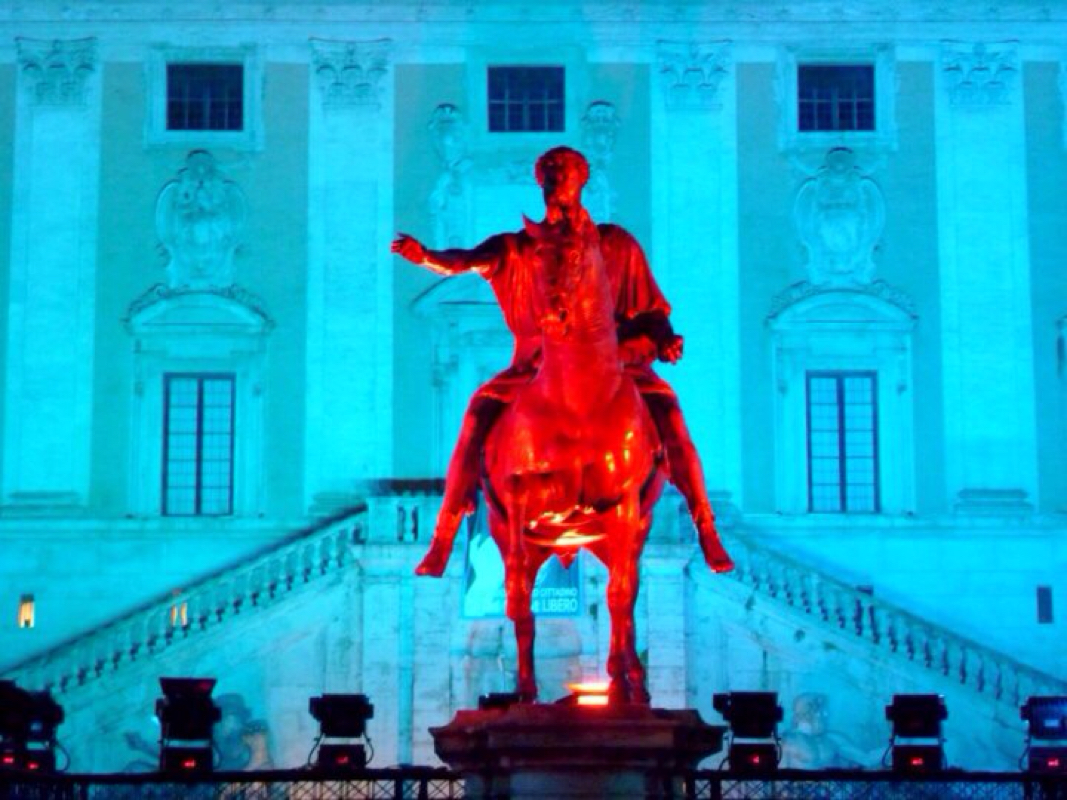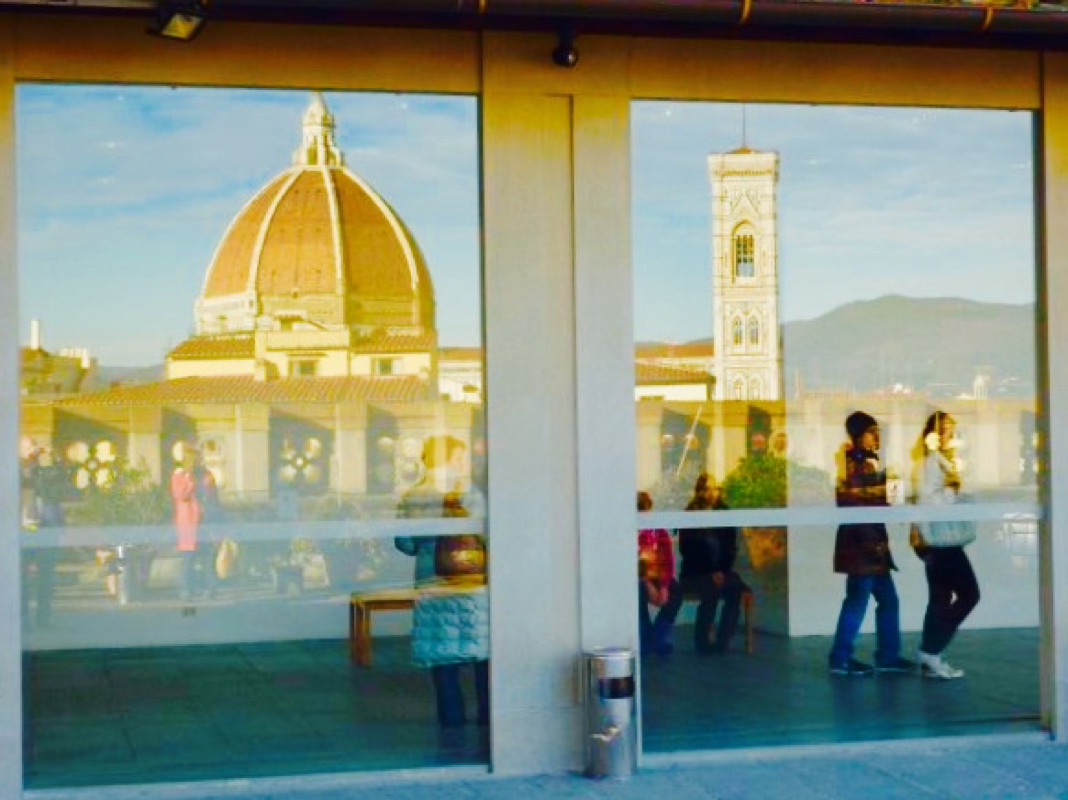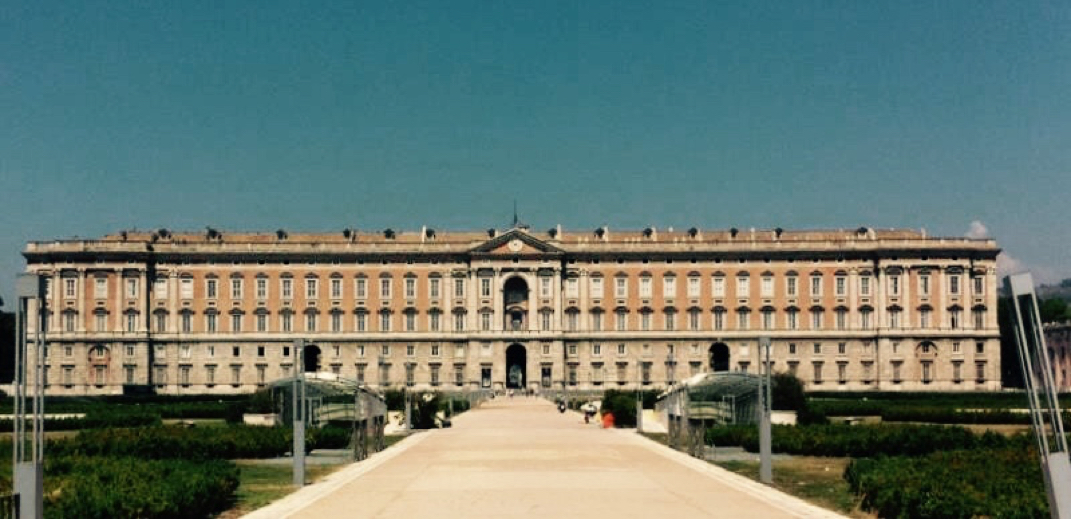|
ITALIAN museums have problems. Big problems. Systematic problems that render many of them under performers. Few countries have the kind of patrimony that Italy can proudly claim. When it comes to culture, Italians have an embarrassment of wealth at their disposal; many of its cities and churches are adorned with artwork that would make other nations cry, yet their museums are like the poor country cousins that are buckling under a lack of funding and patronage. In most, leading developed nations, cultural institutions have to fight for themselves. They have inbuilt teams who specialise in attracting donators and benefactors. They raise funds by leveraging their collections and their prestige and, in some countries, understand that by waiving an entrance fee, they have a better chance of earning more money through on site retail operations. Why force someone to spend $5 to enter when they will more than likely spend $10 at the Giftshop and be happy to return more often when they know there's free entry. There's currently a lot of fuss being generated in the Italian press about the appointment of 20 new directors to selected public museums. Some of these public museums are real cultural jewels in the crown. Others are of lesser importance. But it's not so much the appointment of these 10 men and 10 women that has everybody up in the arms. After all, these 20 museums have been selected as spaces that will operate under a higher level of autonomy and be expected to earn their keep. What has people up in arms is that 7 of the new appointees are, gasp, foreigners. As is the case in many countries right now, it's not a good time to be a foreigner. Being a foreigner implies that you are a queue jumper, a job stealer, a clandestine traveler. Being a foreigner appointed to a high level position makes you an anti Christ. And in a country that is home to the Vatican, that's a big deal. The reality is that the 20 museums on this list are just a sample of how Italian cultural institutions on the whole are failing in many ways. They're failing to attract visitors, failing to securely manage their collections, and failing to play their part in the wider community. If we were to use visitor numbers as the metric for successes we already encounter problems. The Vatican Museums, owned by the Vatican, and therefore not a public institution, is routinely the only museum in Italy that makes it onto artnewspaper's most visited museums. Italian museums attract much lower visitor numbers than their counterparts in London, Paris and Madrid, and the numbers can't simply be accounted for by lower population centres or tourist numbers. There are fundamental changes that need to be made to stem the damage being made to the international reputation of Italy's collections. Unfortunately, many among the current ranks have been unable to reverse the trends. Many of the twenty sites on the list of new appointees are plagued with problems. Problems with under staffing, looting, spaces that are in disrepair, ever dwindling visitor numbers and inefficient management are widespread and have made Italian cultural sites undesirable at an international level, not withstanding the wonders of the collections themselves. Italians should not be up in arms about foreign appointments. Italians should be up in arms about how their sizeable patrimony has been so systematically mismanaged for years. They should be up in arms about museums having wings closed to the public because there aren't enough funds to pay people to monitor them. They should be up in arms that so many of the spaces on the list don't attract visitors. And they should be up in arms that the media here is propagating the same old double standard about foreigners coming into this country. Why is it okay for an Italian to go abroad and work for another organisation and climb the ranks there when the reverse is seen as an affront to national pride. Hopefully these hand picked appointees will be able to get the ball running again at many of these jewels in the crown because it's quite clear that the current, traditional approach to the management of these sites is doing nobody any favours.
0 Comments
Your comment will be posted after it is approved.
Leave a Reply. |
Dave
|
|
|
Dave Di Vito is a writer, teacher and former curator.He's also the author of the Vinyl Tiger series and Replace The Sky.
For information about upcoming writing projects subscribe to the mailing list. Dave hates SPAM so he won't trouble you with any of his own. He promises. |







 RSS Feed
RSS Feed